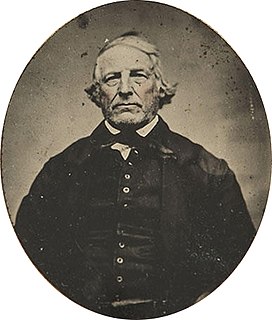A Quote by Steven Pinker
Heritability pertains to the entirety of the genome, not to a single gene.
Related Quotes
No one has found a gene for IQ. "Heritability" means that identicial twins are more similar than fraternal twins, right? Fraternal twins more similar than non-siblings. The heritability is 50 percent if your parents went to college. But if your parents never graduated high school the heritability is zero. Zero.
Though social eugenics was discredited long ago, we still often think of the genome in quasi-eugenic terms. When we read about the latest discovery of a link between a gene and a disease, we imagine that we've learned the cause of the disease, and we may even think we'll get a cure by fixing the gene.
The question is, are there useful things that we can do with the results of a genome sequence that would bring benefit? And the answer is, today, should the majority of people go and have their genome sequenced? Probably not. But are there particular circumstances in which genome sequencing is really helpful? Yes, there are.
The same stimuli in the world can be inducing very different experiences internally and it's probably based on a single change in a gene. What I am doing is pulling the gene forward and imaging and doing behavioural tests to understand what that difference is and how reality can be constructed so differently.
































